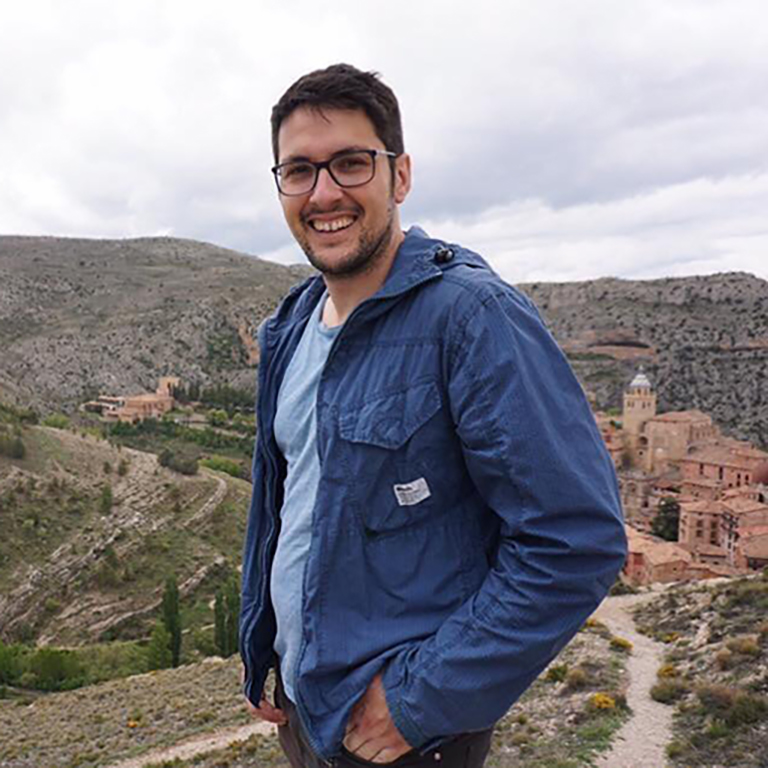My research seeks to connect rhetorical traits used in first-person accounts of real experiences from diverse historical settings in the Hispanic world, from Iberian evangelization in 16th century Japan, to abolitionism in 19th century Cuba, and anarchism during the Second Spanish Republic. My doctoral dissertation, "Martirio y testimonio en Centroamérica durante la Guerra Fría: El Salvador, Guatemala y Nicaragua (1970-1990)," examines testimonios as an essential part of the logistics of insurgent and revolutionary movements. The guiding thread is martyrdom as a discourse that presents a set of persuasive devices to transmit strong emotions like indignation and empathy. The following question summarizes my present and future research agenda: What is the correspondence between the rhetoric of these texts and the pragmatic effects that they produce in their reality?
Damián Solano

 The College of Arts
The College of Arts